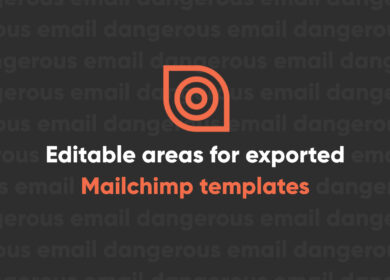
What Google’s BERT means for your website and the future of search
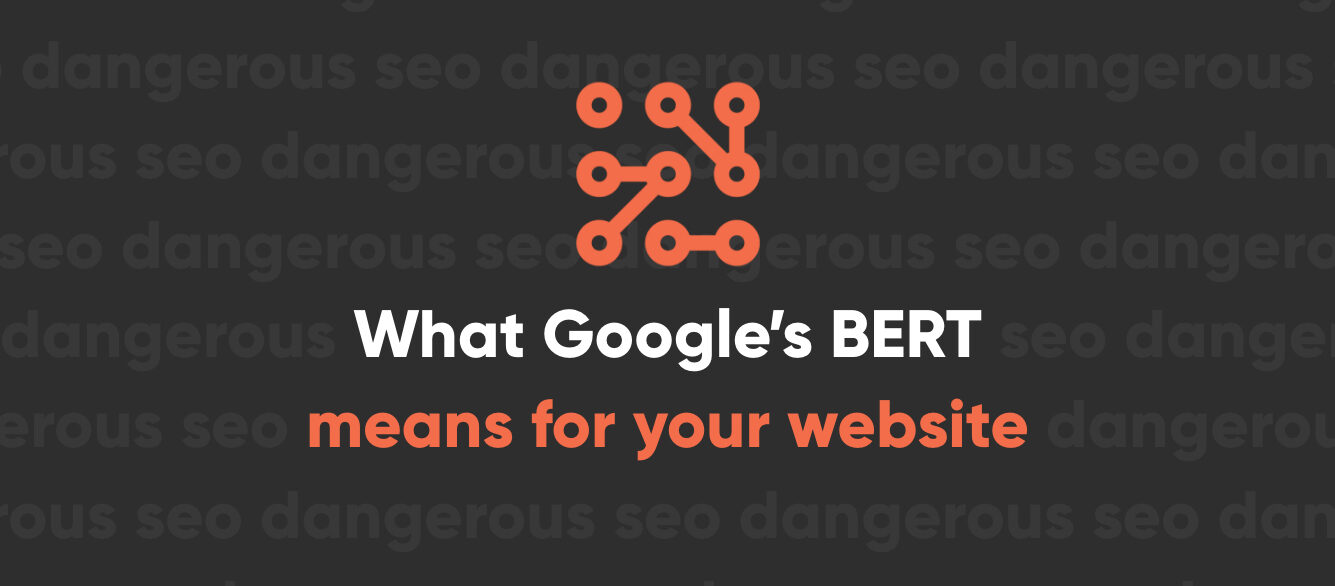
Have you ever typed a question or long query into Google and received search results that didn’t quite match your intent? Of course you have. We all have. Google is a machine. It tries really hard to understand what you want, but it doesn’t always get it right. Context and the nuances of the English language make this a pretty hard task, especially if you type the way you speak.
Well, Google may have just solved this problem with something called BERT. No, we’re not talking about a Sesame Street character (although I’m secretly hoping that Google’s next update is called ERNIE). BERT stands for Bidirectional Encoder Representations from Transformers. Obviously. Didn’t you guess that?
What is BERT?
In simple terms, BERT is a machine-learning algorithm focused on natural language processing. Google began rolling out this algorithm around October 24, 2019. Fortunately, this isn’t some scary futuristic robot intelligence that’s going to take over humanity or control the way you use your device. It’s a technology that aims to provide additional context for Google’s core search algorithm. In other words, it’s designed to help Google better understand what your search queries really mean.
For those keeping score at home, Google makes hundreds of updates to its algorithm every year. This particular update is expected to be the most significant and most expansive change Google has made in the past five years. Whether you’re a business owner, digital marketer, content writer, or Google user, this is a pretty big deal, and it will change your life on some level.
What types of searches will BERT affect?
BERT won’t impact every search query. At least not right away. The initial estimate is that BERT will impact approximately 10 percent of all Google searches. Which is a lot of searches. There are 5.6 billion Google searches per day. 10 percent of that is a whopping 560 million.
Because BERT is designed to help Google better understand what a searcher really wants to know, it’s not going to impact the most obvious queries. If you search for “dog pictures,” you’re still going to get pictures of dogs. Same with “restaurants near me.” Prior to BERT, Google already knew you wanted to see restaurants near you, and it knew you were probably looking because you wanted to find a place to eat. But if you’re searching for "dog pictures restaurants near me," then BERT might come into play (although it probably won’t have the right answer just yet).
The search queries most likely to be impacted by BERT are typically going to be longer and more nuanced. In particular, BERT will help Google understand conversational language, prepositions, negatives, and other words it previously might not have paid much attention to. This doesn’t mean every longer query will be impacted. A full sentence query with no ambiguity will probably still return a similar result. Anything that’s up for a machine to interpret will probably change.
Here’s an example Google shared in its recent blog post about BERT:
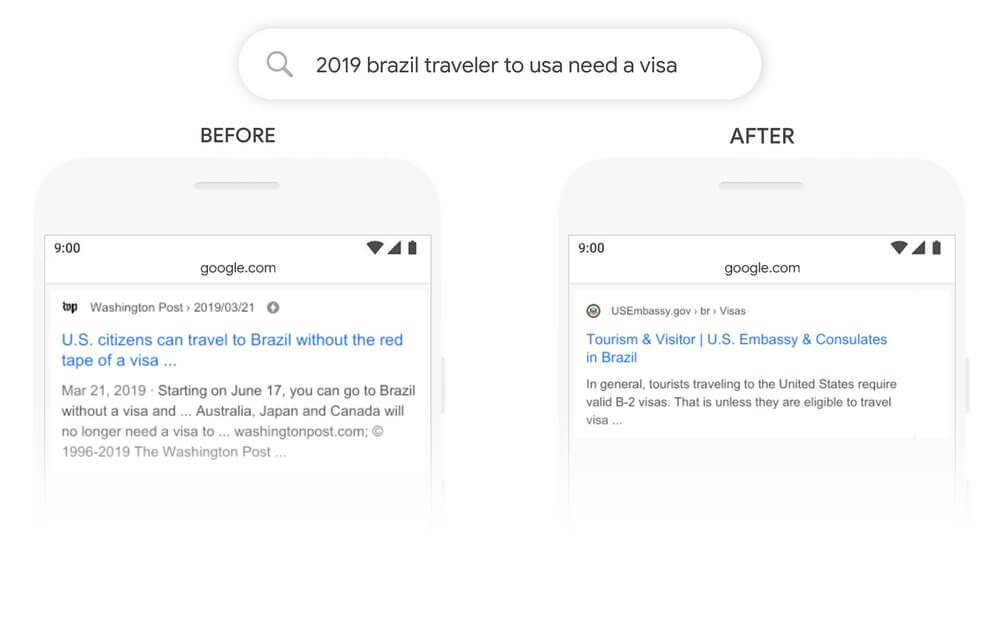
Looking at these results shows just how badly BERT was needed. While it might be obvious based on the query that the searcher wanted information about a visa for a Brazilian traveling to the United States, that’s not how Google understood it. The old Google algorithm simply didn’t know what the user wanted, so it served up a result that was as close as possible in language. If you look at the snippet, this makes sense. The “before” image contains almost every word from the search query. The “after” image contains hardly any, but it’s obviously much more relevant. BERT knows that.
Will your website be affected by BERT?
Every website will somehow be affected by BERT. But just because 10 percent of queries will be impacted doesn’t mean 10 percent of your website’s queries will be impacted. The actual number might be much higher or much lower. Exactly how much is dependent on a few things:
- The content you produce
- The typical behaviors of your target audience
- The traffic you are currently getting
Put into more concrete terms, if you rely heavily on blog posts to drive traffic based on informal and conversational questions your consumers might ask, then you will likely be heavily impacted by BERT. Heavily impacted isn’t necessarily a bad thing. BERT might mean better rankings and more organic traffic for you. It might also mean better rankings and more organic traffic for your competition.
What you need to do to prepare for a future with BERT
First off, there’s no reason to panic. Google updates rarely should cause panic (unless you engage in blackhat SEO or have a terrible website with lots of thin content).
Second, you need to make sure you produce great content that’s written for people, not for search engines. Without a doubt, what matters most to BERT are the words on your website. BERT not only has to understand the intent of the query; it also has to understand the content on your site and pair it with relevant searches. Since it’s pairing content based on the language humans are using (for better or for worse based on some of the gibberish we’ve seen come through keyword reports), everything on your site has to be written in a way that’s clear, accurate, and meaningful. Don’t try optimizing for the exact phrase users are searching. For example, if you optimize for "2019 brazil traveler to usa need a visa," you probably aren’t going to rank number one. Sounds like a fun experiment though.
Edit (10/26/19): Just for fun, I went ahead and tried a little experiment with this. I set up a page that was purely optimized for the query "2019 brazil traveler to usa need a visa," the exact query Google referenced in its example to show the power of BERT. I created the page and submitted it for indexing through Google Search Console. Within 12 hours, here are the results:
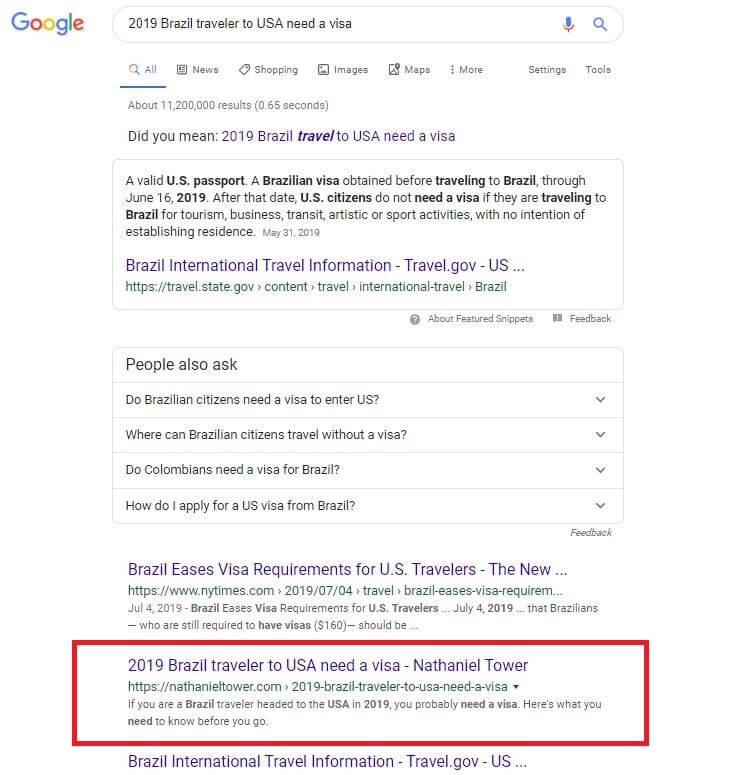
That’s my experiment page in the second organic result. Not exactly what BERT intended, right? In this case, Google seems to be taking the query very literally. Side note: Google did try to force me to change the query to "Brazil travel" instead of "Brazil traveler," so the search engine is definitely trying here.
Based on the success (or failure, depending on your viewpoint) of this experiment, I set up a second one based on another query Google referenced. We’ll see what happens with that one, and then we’ll try to figure out what this means for BERT.
It took less than ten minutes for Google to index my second experiment and put my page in the #1 spot. This is based on yet another query Google specifically referenced in its post about BERT. Check out this result:
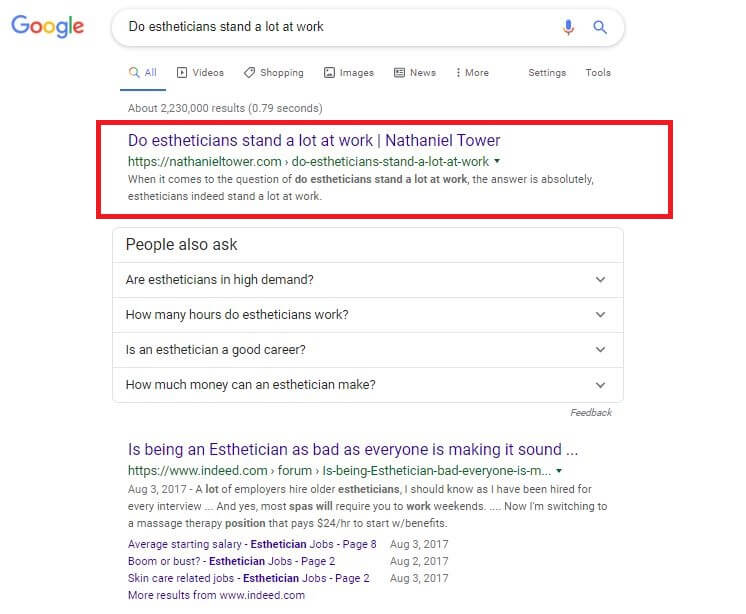
Does this mean BERT isn’t working as intended, or is my page so hyper-optimized that Google can’t show anything else in that top spot?
How to create content in a post-BERT world
So how do you write great content that’s designed for people? It’s a million-dollar question that requires a special skill, but here are some basics:
- Focus on providing helpful information and thorough details
- Don’t overdo the keywords or synonyms
- Use clearly scannable headings and bullets
- Use language that is clear and simple to understand
- Clearly define any acronyms, industry jargon, or difficult words
- Hire professionals who know how to write and understand the rules of grammar
- Write conversationally when possible, but not to the extent you try to mimic speech patterns
- Don’t try to write for a particular keyword or query - if you are clear and detailed, BERT will understand and make the connection
Of course, you shouldn’t take this to mean that content should be written the way people talk. BERT isn’t going to give you a ranking boost because you misspell things, leave out words, or use more slang.
Final thoughts on BERT
None of this is revolutionary. BERT is not a perfect solution. You’ll still occasionally get search results that don’t align with the information you want. BERT also is not going to change the fundamentals of how we write. It’s just going to change the way Google serves the results. This is a really good thing for websites that spend the time and resources to create great content. This is a really bad thing for all the other websites in the world. Most importantly, it’s also a really good thing for users who depend on Google to deliver the answers they need. Long live BERT!
Here are some other things you can do to prepare for BERT right now:
- Make an annotation in Google Analytics regarding the update
- Track your organic traffic closely
- Develop a plan for creating more user-friendly content (and by that I mean create more content and content that is more user-friendly)
- Ensure you have a strong SEO program in place
Perrill is a full-service agency that develops and employs dialed-in digital strategies. To learn more about BERT and how you can futureproof your website against Google updates, contact our team today.

Nate Tower
Nate Tower is the President of Perrill and has over 12 years of marketing and sales experience. During his career in digital marketing, Nate has demonstrated exceptional skills in strategic planning, creative ideation and execution. Nate's academic background includes a B.A. with a double major in English Language and Literature, Secondary Education, and a minor in Creative Writing from Washington University. He further expanded his expertise by completing the MBA Essentials program at Carlson Executive Education, University of Minnesota.
Nate holds multiple certifications from HubSpot and Google including Sales Hub Enterprise Implementation, Google Analytics for Power Users and Google Analytics 4. His unique blend of creative and analytical skills positions him as a leader in both the marketing and creative worlds. This, coupled with his passion for learning and educating, lends him the ability to make the complex accessible and the perplexing clear.
Author
Nate Tower
Categories
Date
Explore with AI
Join Our Newsletter

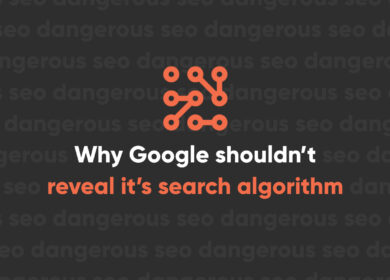
Why Google Shouldn’t Reveal Its Search Algorithm


8 Signs You Need a Website Redesign


